Definition Of Density Population
Other features Introduction of extended cities Number of UAs A total of 275 1980 Central place requirement Incorporated place any size within a densely settled area of at least 50000 population Method of boundary delineation. In the US regions with greater population densities tend to have different health care problems than lightly populated ones.

Illustrated Glossary Population Density
It is frequently applied to living organisms and particularly to humans.

Definition of density population. There also exists density-independent inhibition where other factors such as weather or environmental conditions and disturbances may affect a populations carrying capacity. Density independent factors vary depending on the population but always affect the population the same regardless of its size. Population density and urbanization.
Population density is a measurement of the number of people in an area. Population density is the concentration of individuals within a species in a specific geographic locale. 96- 99 Urban and rural paras.
The number or body of inhabitants of a particular race class or group in a place. Population density data can be used to quantify demographic information and to assess relationships with ecosystems human health and infrastructure. Population density Population density is a measurement of population per unit area or unit volume.
Negative density-dependence or density-dependent restriction describes a situation in which population growth is curtailed by crowding predators and competition. The number of organisms usually people living within a defined space such as a city county or town. Typically population density is measured by square miles or square kilometers of an area.
The number of people living in each unit of area such as a square mile This part of the country has a high population density. Population density is often used as a simple relative measure of how an organism responds to local conditions. 278- 280 Urban and rural paras.
Population density is usually shown as the number of people per square kilometre. 281- 288 Locality paras. In the US regions with greater population densities tend to have different health care problems than lightly populated ones.
It is an average number. Any aggregation of things or individuals subject to statistical study. Population density is often used as a simple relative measure of how an organism responds to local conditions.
Conditions such as gunshot wounds HIVAIDS and tuberculosis are more common in cities than in rural areas but cities also tend to have a greater. Density is the extent to which something is filled or covered with people or things. Arithmetic density is also referred to as Population DensityIt is a type of measurement when total number of people are divided by the total land areasFor example if the Nile Delta has a population density of 1000 people per square kilometer that means an average of 1000 people live an area 1 x 1 This is the currently selected item.
The total number of persons inhabiting a country city or any district or area. Definition of population density. Sometimes population density is the defining concern in other cases it is geographic isolation.
Population density is calculated by dividing the number of people by the area. Population thresholds used to differentiate rural and urban communities range from 2500 up. Population density The number of organisms usually people living within a defined space such as a city county or town.
A density of at least 1000 people per square mile to reach a total population of at least 50000. The body of inhabitants of a place. It is a key geographic term.
Typically this term is used to measure the number of people in an area such as a city country or continent although this term can also be used in agriculture. Density independent factors are typically a physical factor of the environment unrelated to the size of the population in question. Small population size typically characterizes a rural place but how small is rural.
Population density is a geographical term that refers to the measurement of population in a particular area.

Poland Population Density Map Poland Fruit

Population Density Density Lab Activity Lab Activities Density Lab Biology Worksheet

The Soviet Union S Rural Population Density Probably In Or Around 1979 Map North America Map Old Maps

Population Density Overview Videos Cltles Towns Villages Population Density Is A Measurement Of Population Per Unit Area Or Exceptionally Unit Volume It Is A Density How To Apply The Unit

3d World Population Density Map Carte

Population Density National Geographic Society

Population Density Ap Human Geography Crash Course Https Www Albert Io Blog Population Density Ap Human Geography Crash Course Map Ap Human Geography World
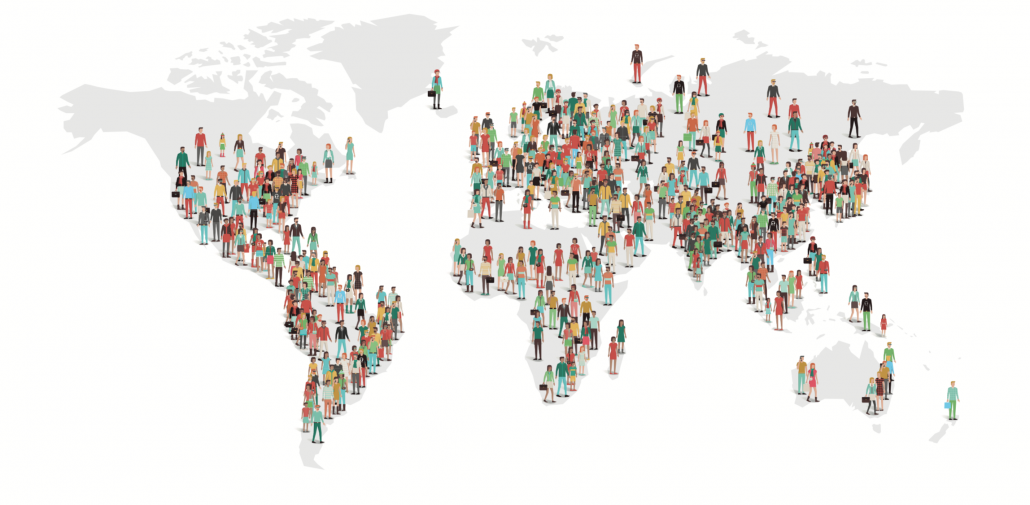
What Factors Affect Population Density Internet Geography

3d Mapping The Largest Population Density Centers
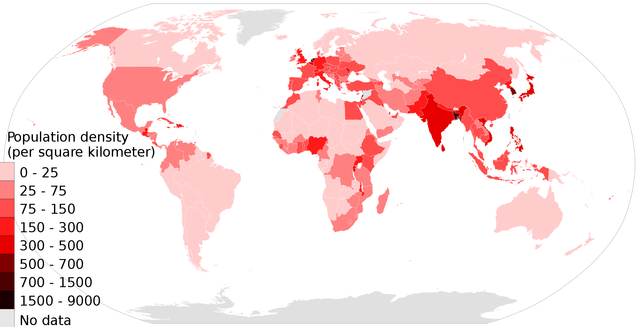
Physical And Human Factors Affecting Global Population Distribution Geography Myp Gcse Dp

World Population Density Map In 2021 World Population Map Density

Population Density Definition Formula Examples Video Lesson Transcript Study Com
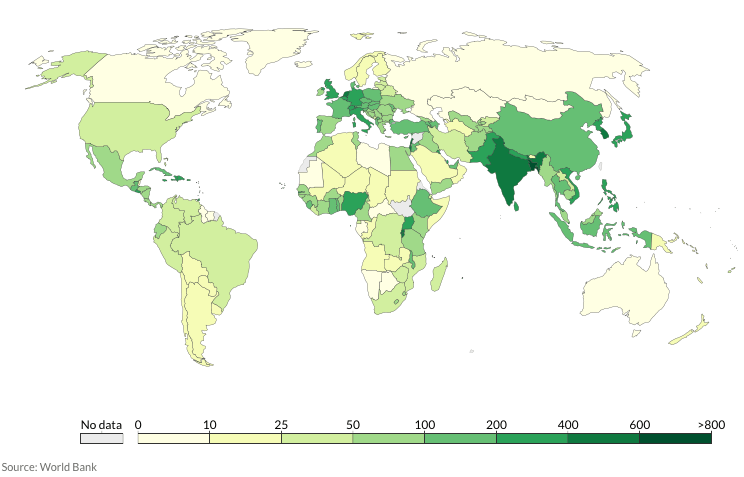
What Factors Affect Population Density And Distribution Internet Geography

List Of U S States By Population Density Territories Of The United States State Map States
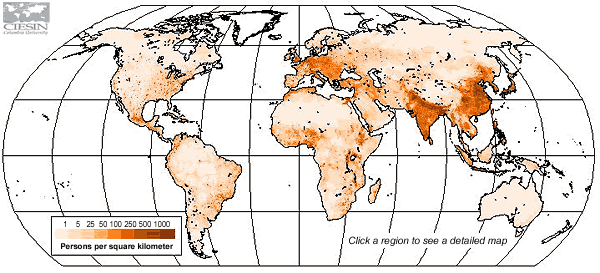
What Is Population Density Internet Geography
Physical And Human Factors Affecting Global Population Distribution Geography Myp Gcse Dp
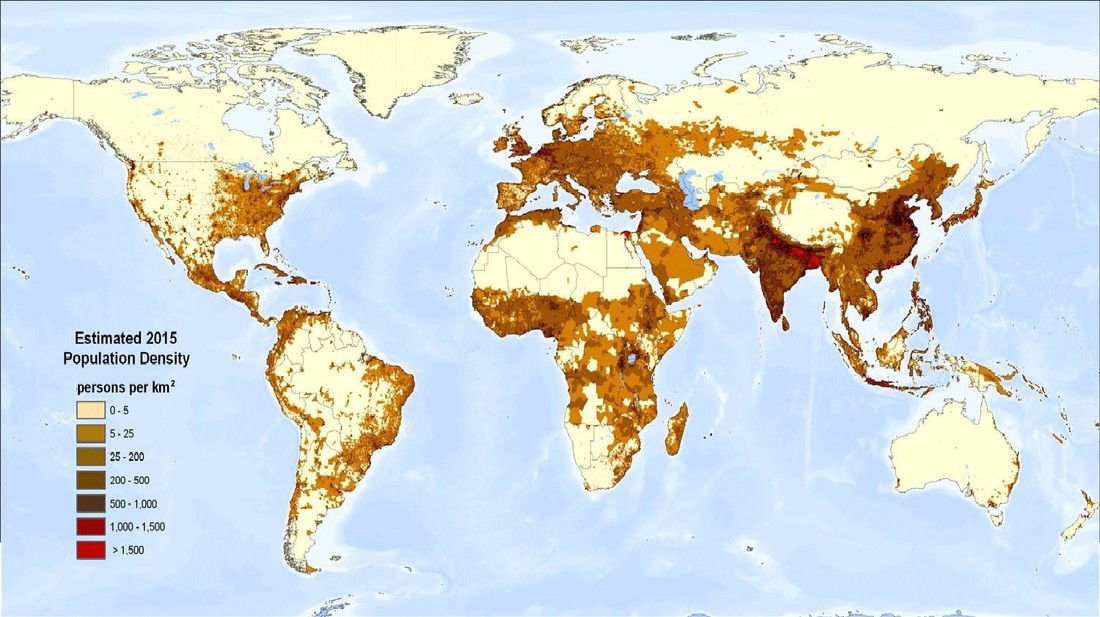
1 Population And Economic Development Patterns The Geographer Online

Population Density Overview Videos Cltles Towns Villages Population Density Is A Measurement Of Population Per Unit Area Or Exceptionally Unit Volume It Is A Density How To Apply The Unit

Post a Comment for "Definition Of Density Population"